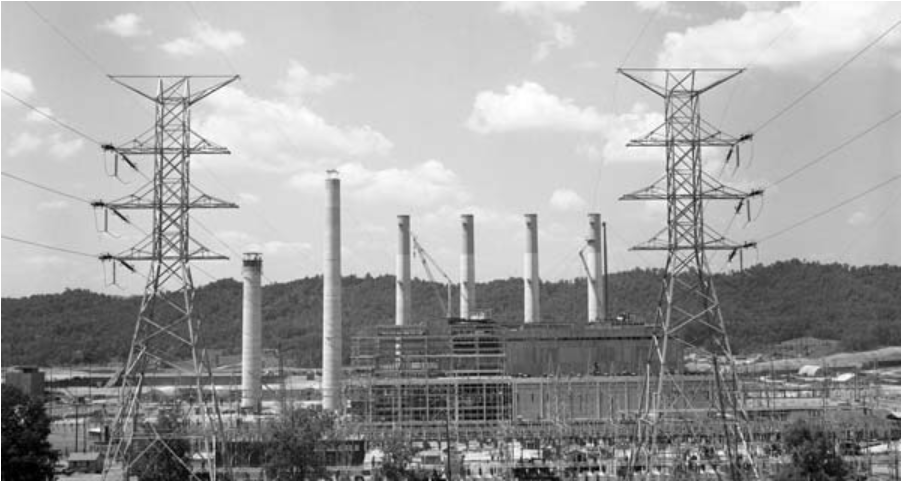By Frank Andorka, Senior Correspondent
From an outsider’s perspective, it sure looks like Gov. Paul LePage of Maine is winning his longstanding war on solar.
Armed with zombie lies about cost shifts and allowing utilities to run amok with special burdens on solar users, LePage has fought for at least three years to strangle the solar industry in his state, vetoing three different pieces of legislation that would have helped set the Maine solar industry on more solid footing.
Now the Supreme Court has gotten into the act, saying solar advocates’ attempts to challenge current net metering policy to the state’s highest court was improper and sending the case to a lower court. Current net metering reduces compensation rates over time and only grandfathers current solar installations at full retail net metering for 15 years.
Critics say 15 years isn’t long enough to receive full payback on the system, to which LePage and his allies scoff, point and laugh. The Supreme Court, on the other hand, said, “Go away kids, you’re bothering us.”
The case will now be handled by a lower Superior Court.
The crux of the issue in the case is best laid out in the Portland Press Herald:
During those arguments, the justices were already questioning whether it was appropriate for the state’s top court to handle the case. Under Maine law, challenges to PUC rules typically go before Superior Court judges first, but the law foundation appealed directly to the Supreme Judicial Court. The foundation had argued the rule was actually a rate change, which can be appealed directly to the higher-level court.
The justices ultimately dismissed the foundation’s appeal of the rule. In her written opinion, Chief Justice Leigh Saufley said the foundation is required to take its case to a Superior Court before it can come before the Supreme Judicial Court.
The case isn’t over yet, but it does look like it’s going to be a long slog for solar advocates in the state, especially in the face of such overwhelming opposition from the governor’s mansion. It’s worth paying attention to and supporting our solar sisters and brothers in the state as they continue the largely thankless job of advocating for solar in such a state. Godspeed to all of you.
More:
Maine’s top court says appeal of changes to solar incentives must go to lower court


